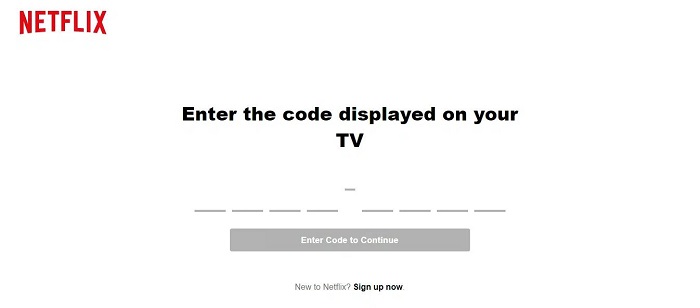Netflix/tv8

In the realm of entertainment, two names stand out prominently in the modern landscape: Netflix and TV8. Both platforms have revolutionized how we consume media, offering a vast array of content at our fingertips. From binge-worthy series to award-winning films, they have reshaped the way we engage with television and movies. In this article, we’ll delve into the evolution of these platforms, exploring their origins, their impact on the industry, and what the future may hold.
The Rise of Netflix: A Game-Changer in Streaming
Netflix, founded in 1997 by Reed Hastings and Marc Randolph, began as a DVD rental service. However, it wasn’t until 2007 that the company launched its streaming platform, forever changing the entertainment landscape. With a subscription-based model, Netflix offered unlimited access to a vast library of content, available anytime, anywhere. This innovation marked the beginning of the streaming revolution.
One of the key strategies that propelled Netflix to success was its emphasis on original content. By investing in exclusive series and films, Netflix differentiated itself from traditional networks and attracted subscribers with unique, high-quality programming. Hits like “House of Cards,” “Stranger Things,” and “The Crown” captivated audiences worldwide, earning critical acclaim and numerous awards.
Moreover, Netflix’s recommendation algorithm became a cornerstone of its service, providing personalized suggestions based on viewers’ preferences. This data-driven approach not only enhanced the user experience but also informed content creation, allowing Netflix to produce shows tailored to audience tastes.
As Netflix expanded globally, it faced increasing competition from other streaming services, prompting the company to continue innovating. It diversified its content offerings, catering to various demographics and genres, and expanded its reach with partnerships and collaborations. Today, Netflix boasts over 200 million subscribers worldwide, cementing its status as a dominant force in the entertainment industry.
TV8: Redefining Turkish Television
While Netflix was revolutionizing the global streaming market, TV8 was making waves in Turkey. Launched in 1999 as a news channel, TV8 underwent a transformation in 2013 when Acun Ilıcalı, a prominent media personality, acquired it. Under Ilıcalı’s leadership, TV8 shifted its focus to entertainment programming, introducing reality shows, talent competitions, and original productions.
One of TV8’s most significant contributions to Turkish television was its adoption of the reality TV genre. Shows like “Survivor,” “The Voice,” and “MasterChef” became massive hits, captivating audiences with their engaging format and compelling narratives. These programs not only dominated ratings but also shaped pop culture, influencing discussions and trends nationwide.
Furthermore, TV8 capitalized on the power of social media to engage with viewers and enhance the viewing experience. By leveraging platforms like Twitter, Facebook, and Instagram, the network fostered a sense of community among fans, who eagerly shared their thoughts and reactions in real-time. This interactive approach fostered loyalty and boosted viewership, solidifying TV8’s position as a leading broadcaster in Turkey.
In recent years, TV8 has expanded its reach beyond traditional television, embracing digital platforms to reach a broader audience. The network’s presence on streaming services and online platforms has allowed it to cater to viewers’ changing preferences and consumption habits. By offering on-demand access to its content, TV8 has remained relevant in an increasingly competitive media landscape.
The Convergence of Traditional and Streaming Platforms
As Netflix and TV8 continue to shape the future of entertainment, we are witnessing a convergence of traditional and streaming platforms. While Netflix revolutionized the way we consume media, traditional broadcasters like TV8 have adapted to the digital age, embracing streaming and on-demand services to reach new audiences.
This convergence presents both challenges and opportunities for the industry. On one hand, traditional networks must innovate and evolve to compete with streaming giants like Netflix. They must invest in original content, improve user experience, and leverage technology to remain competitive in an increasingly crowded market.
On the other hand, streaming platforms must navigate issues such as content saturation, subscription fatigue, and sustainability. As competition intensifies, they must differentiate themselves through innovative programming, targeted marketing, and strategic partnerships. Moreover, they must address concerns related to data privacy, content moderation, and cultural diversity to maintain trust and credibility among viewers.
Despite these challenges, the future of entertainment looks promising, with Netflix, TV8, and other players driving innovation and creativity in the industry. As technology continues to evolve and consumer preferences evolve, we can expect to see exciting developments in content creation, distribution, and consumption.
conclusion
Netflix and TV8 have reshaped the entertainment landscape, offering viewers unprecedented access to a diverse array of content. From binge-worthy series to reality TV sensations, they have captivated audiences worldwide and transformed the way we engage with television and movies. As they continue to innovate and adapt to changing trends, the future of entertainment looks brighter than ever.






